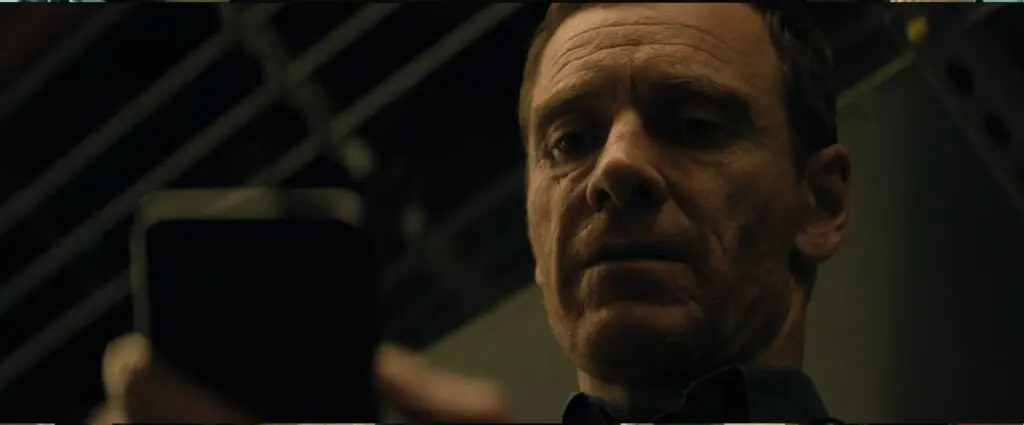Summary
The Agency comes together rather brilliantly in Episode 9, exploring the show’s underlying themes intelligently through new plot developments.
Season 1, Episode 9 of The Agency, fittingly titled “The Rubicon”, only has one real job – to set up the season finale. And it accomplishes that admirably well. It might also inadvertently reveal some of the show’s plotting weaknesses; an imbalance between stories and characters that has persisted throughout. But if nothing else it seems to have settled on intertwining the most engaging angles – Martian’s state of mind and the geopolitically risky rescue of Coyote – and giving them most of the limelight.
After her departure in the previous episode, Sami’s absence is felt. The implications of this development matter to Martian, who is left to arrange and carry out a dangerous operation immediately after his most profound personal failure. It would have been easy for Sami to feel as if she had been conveniently written out of the show entirely without consequence, but Jez and John-Henry Butterworth, working on the script with Eric Rochant, avoid that obvious pitfall.
Thanks to Volchok’s discovery of the CIA’s efforts to utilize his own PA against him, there’s an urgency to the Coyote subplot now that meshes really well with the idea that Martian may be close to breaking point. I’m less convinced about what Danny’s doing, which gets enough focus here in Episode 9 that it’s inevitably going to take up a chunk of the finale as well, but I’m starting to trust the process.
The best low-key moment in Episode 9 of The Agency is a seemingly innocuous conversation between Henry and Dr. Blake, with the former trying to get the latter to insist on a psychological evaluation at Henry’s behest, so he can get a sense of where he is mentally before he risks the CIA’s reputation by sending him back into the field. A lot of the show’s underlying points are distilled into this back-and-forth; the CIA needs Martian to be just unstable enough, but not too unstable, to carry out the mission effectively, so his excuse of being too busy for a session won’t cut it. When Dr. Blake asks Henry if he’s going to come in for a session, though, he’s too busy. It’s a loaded exchange. The implication is that enough seniority in the agency buys you immunity. Henry isn’t at the top of the food chain, but he’s not expendable like Martian is.
You’d think that the ease with which Martian flips a Valhalla officer into a valuable asset and then comes up with a complex kill box scheme to recover Coyote might speak to the idea that he’s totally fine. But this is the point – the fact he’s not fine is what makes him so well-suited to the mission. This is calling back to various conversations Martian has had with Dr. Blake, those acknowledgements that the CIA deliberately keeps its agents in a state of borderline psychopathy so that they can best be manipulated and utilized. Martian’s brilliance in the field is his undoing. It’s proof he’s not okay.
Osman trying to leverage Martian in Sami’s absence is the most obvious test of Martian’s arc throughout the season, which has been the creeping idea that his personal feelings for Sami might override his professional responsibilities to the CIA. But this is refracted through the lens of the mental health themes. Martian’s refusal to sell out the agency, his willingness to sacrifice yet another slice of his authentic self on the altar of geopolitical skullduggery, is a failing on his part. Like his competence in the Coyote mission, it proves he’s unwell; a drone being used at someone else’s behest whose every facet has been planed away to make him as smoothly efficient as possible. Something’s got to give eventually.
This is why the ambiguous flash-forwards work instead of feeling like facile tension-building gimmickry. We know, on some level, that Martian will be held to account for his decisions, and the weight of them, especially the sacrifices, might crush him completely. Even though The Agency Episode 9 has some of the best spycraft and fieldwork in the season, the reason it really sings is the human cost.
RELATED:




